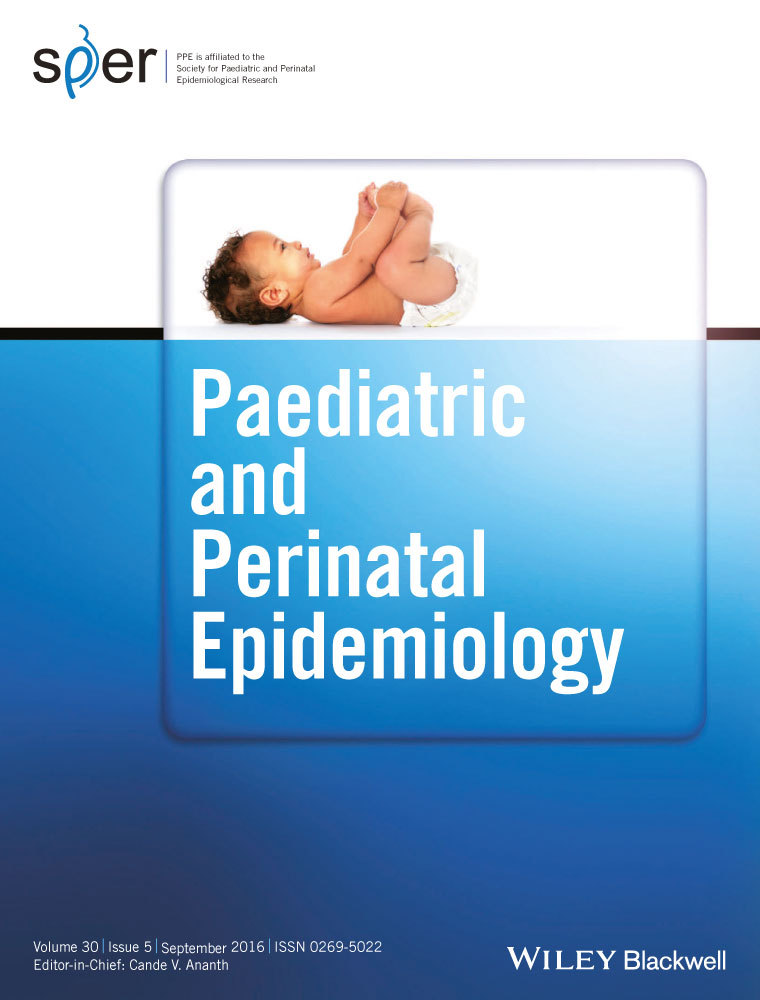Maternal Pre-pregnancy Body Mass Index and Autism Spectrum Disorder among Offspring: A Population-Based Case–Control Study
Abstract
Background
Previous studies have attributed high maternal weight gain during pregnancy and pre-pregnancy obesity to a higher risk for autism spectrum disorder (ASD). Maternal underweight was not previously explored with respect to ASD risk.
Methods
We evaluated the association between maternal pre-pregnancy body mass index (BMI) and ASD occurrence among singletons born into the General Practice Research Database from 1993 to 2008. Case subjects were children with a diagnosis of ASD from birth to 2010. Up to four control subjects were matched to each case subject on birth year, sex, and general practice. Restricted cubic splines were used to assess the non-linearity of the association between maternal BMI and ASD. All study subjects were classified as underweight, normal weight, overweight, or obese based on maternal pre-pregnancy BMI using the WHO Classification Standard. Conditional logistic regression was used to calculate unadjusted and multivariable adjusted odds ratios for the association between categorical BMI (reference=normal weight) and the occurrence of ASD.
Results
The association between maternal BMI and ASD occurrence was non-linear and J-shaped. The adjusted ORs for maternal underweight and obesity were 1.43 (95% CI 1.01, 2.04) and 1.54 (95% CI 1.26, 1.89) respectively.
Conclusions
Results suggest that extremes in maternal BMI may be associated with modest increases in the risk for ASD among offspring.




